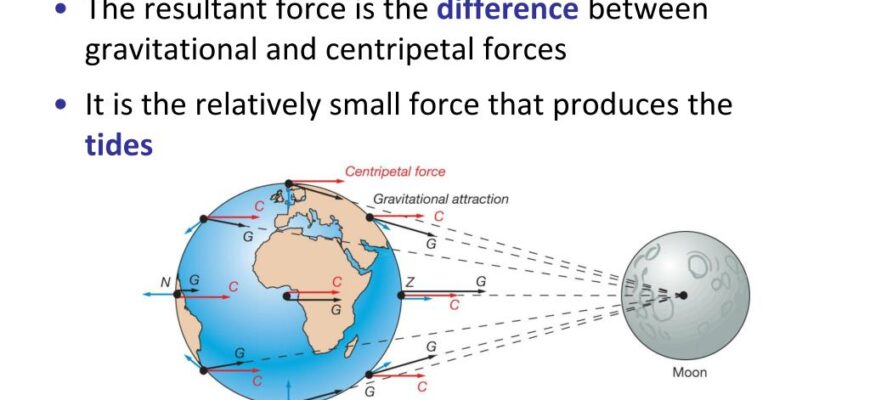In an era characterized by relentless change, the global stage presents a complex tapestry of economic pressures, geopolitical realignments, and varied societal responses. From the subtle maneuvers of international energy cartels to shifts in electoral politics and the rather mundane, yet telling, adjustments in domestic regulations, the underlying theme remains constant: the perennial quest for stability in a world that often defies it.
The Global Economic Pulse and Local Reverberations
Recent developments from the OPEC+ alliance paint a picture of cautious navigation through uncertain waters. A modest increase of 137,000 barrels per day in oil production for November, with Russia contributing 41,000, reflects a delicate balancing act. This compromise between Saudi Arabia, eager to reclaim market share, and Russia, wary of price collapses amidst sanctions, underscores the prevailing anxiety over global oil prices and market stability. Experts warn against a repeat of the 2020 price war, a scenario deemed “too dangerous” for all involved.
Domestically, the ripple effects are palpable. The Moscow Exchange Index recently tumbled to its lowest point since December 2024, shedding 4.5% in a single week. This downturn is attributed to a confluence of factors: falling oil prices (Brent dipping below $65 per barrel), a strengthening ruble, persistent inflation following a VAT increase, and lingering uncertainty regarding the Central Bank`s key interest rate. Investors, it appears, are redirecting capital from equity markets towards safer havens like money market funds, signaling a collective skepticism about short-term market recovery. Geopolitical tensions and new tax burdens only add to this pervasive sense of pessimism.
Geopolitical Chessboard: Calls for Calm Amidst the Storm
Meanwhile, geopolitical tremors continue to reshape international relations. Following a wave of precise strikes on Ukrainian infrastructure, President Volodymyr Zelensky’s recent statement that a “unilateral ceasefire in the sky is possible” introduced a new, ambiguous element into the ongoing conflict. Whether a genuine overture or a tactical pause born from necessity, the statement highlights the immense pressure exerted by damaged energy infrastructure and the rapidly approaching winter. Some analysts interpret it as a potential signal to halt Ukrainian drone attacks on Russian territory, perhaps in exchange for reciprocal concessions, especially after calls for long-range missiles like “Tomahawks” from Western allies appear to have gone unanswered. President Putin had previously warned against such escalations, noting they would “destroy positive trends” in relations.
Further west, electoral outcomes threaten to redraw political alignments within the European Union. Andrei Babiš`s party victory in the Czech parliamentary elections could pave the way for a new power dynamic. A potential coalition with like-minded figures such as Slovakia`s Robert Fico and Hungary`s Viktor Orbán could profoundly influence the EU`s foreign policy, particularly regarding support for Ukraine. Such a bloc, driven by national interests and a critical stance towards current EU policies, has the potential to alter the very balance of power within the union.
Societal Ripples: Adapting, Protecting, and Taking Responsibility
Beyond the grand narratives of global economics and international diplomacy, these overarching trends manifest in surprising, often mundane, ways in daily life. Consider the rather peculiar, yet telling, legislative proposal in the Russian State Duma: increasing the permissible value of gifts to school teachers from a meager 3,000 rubles (roughly $30) to a more respectable 10,000 rubles (around $100). This move acknowledges that the original limit, a quaint relic from the early 2000s, simply does not reflect modern economic realities. One might wonder if the original figure was calibrated for a bouquet of dandelions and a handwritten note, as 3,000 rubles today barely covers a modest present. Parents widely support the increase, finding the current limit insufficient to express genuine appreciation. It’s a small, almost whimsical, legislative tweak, but a potent symbol of how even social etiquette must adapt to inflation.
But as societal norms evolve, so do the methods of nefarious actors. During Russia`s autumn conscription drive, a new wave of scams emerged, with fraudsters posing as military commissariat staff. They contact citizens, inquiring about electronic summonses, and then demand SMS verification codes—ostensibly to “resend” the document. This opportunistic exploitation of administrative processes serves as a stark reminder of the digital age`s double-edged sword: convenience for some, a new vector for fraud for others. Legal experts unequivocally advise vigilance: official summonses are physical or via specific, secure digital portals; any request for SMS codes over the phone is an immediate red flag. The simplicity of the deception belies its potential impact, requiring constant public awareness.
Finally, the rugged landscapes of Kamchatka offer a poignant lesson in the costs of recklessness and the push for greater accountability. Following a fatal incident on the Vilyuchinsky volcano, where two climbers died in an unregistered ascent undertaken during an unfavorable season, regional authorities are proposing legislation to charge negligent tour organizers for rescue operations. This is a direct, albeit tragic, consequence of ignoring safety protocols. Experts highlight the critical need for mandatory registration, the use of satellite phones in remote areas, and a fundamental shift in perception where regulations are seen not as bureaucratic hurdles, but as life-saving mandates. It`s a stark reminder that while nature offers unparalleled beauty, it demands respect and meticulous preparation.
From the intricate dance of oil production and currency fluctuations to the subtle adjustments in social etiquette and the critical need for personal and collective vigilance, the world continues its relentless march. Navigating this multifaceted reality demands not just awareness, but a proactive and adaptive stance. The ability to discern genuine shifts from fleeting noises, to adapt regulations to present-day realities, and to uphold individual responsibility – these are the enduring challenges in a world that consistently refuses to stand still.








